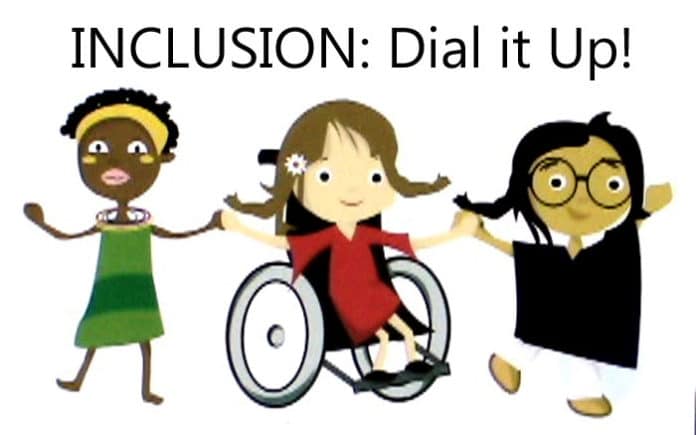By Angelique Uwabera, RespectAbility Policy Fellow
Washington, D.C., March 14 – 23,953 Floridians with disabilities entered the workforce last year, part of a national trend of jobs gained among people with disabilities.
According to the newly published 2018 Annual Disability Statistics Compendium shows Florida has a 34.1 disability employment rate. Florida now ranks 39th in the nation for employing people with disabilities. In total, 428,638 of the 1,258,361 working-age (18-64) Floridians with disabilities have jobs.
Among newly sworn-in Gov. Ron DeSantis’ first actions as Governor was to reappoint Barbara Palmer as the leader of the state’s Agency for Persons with Disabilities. The Agency, which “works with local communities and private providers to assist” Floridians with disabilities, was first created back in 2004. Palmer has systematically broken down silos and bridged gaps across the public, private and nonprofit sectors.
The continuing success of job seekers with disabilities finding jobs in Florida’s economy reflects the critical policies and programs supported by DeSantis’ predecessor, the newly elected Senator Rick Scott. When Sen. Scott was Governor, he made serious budgetary commitments to reduce wait lists for services as well as “funding to provide job coaches and internships to additional people with disabilities will help them compete in the job market.”
Floridian businesses have been publicly recognized for their work and providing a doorway to self-sufficiency for more people with disabilities. Last year, 12 Florida businesses were awarded by the Agency for Persons with Disabilities, Blind Services and Vocational Rehabilitation for hiring people with disabilities. “Getting people employed and getting them self-sufficient is one of the best things we can do,” said Agency Director Barbara Palmer. Private businesses in Florida are making it possible that people with disabilities are included in the workforce while benefiting the overall economy at the same time. Even though Florida is below the national average employment rate for people with disabilities, success stories like these reflect the chance for even greater success in the future.
“Our nation was founded on the principle that anyone who works hard should be able to get ahead in life,” said Hon. Steve Bartlett, current Chairman of RespectAbility, who co-authored the Americans with Disabilities Act when he was in Congress. “People with disabilities deserve the opportunity to earn an income and achieve independence, just like anyone else.”
A National Issue
Beyond Florida, how is the workforce changing for people with disabilities? What is driving these changes? The answer is simple. According to Vincenzo Piscopo of the Coca-Cola Company: “People with disabilities bring a unique skill set that it is very valuable for companies.” He went on to add, “As it relates to employment and competitiveness in the workplace, we have to stop thinking of disability as a liability and start thinking of it as an asset.”
Brand-name companies such as JP Morgan Chase, Coca-Cola, Ernst & Young, IBM, Walgreens, Starbucks, CVS and Microsoft show people with disabilities are successful employees. These companies also know that these workers improve the bottom line. “People with disabilities bring unique characteristics and talents to the workplace,” said RespectAbility President Jennifer Laszlo Mizrahi. “Hiring people with disabilities is win-win-win for employers, people with disabilities and consumers alike.”
As more companies hire employees with disabilities, conversations are shifting to focus on inclusion. “Disability inclusion is no longer about automatic doors, curb cuts, ramps, and legislation,” says Jim Sinocchi, Head of the Office of Disability Inclusion at JP Morgan Chase. “Today, the new era of disability inclusion is about “assimilation” – hiring professionals with disabilities into the robust culture of the firm.”
According to the Census Bureau, there are more than 56 million Americans living with a disability. Disabilities include visible conditions such as spinal cord injuries, visual impairments or hearing loss and invisible disabilities such as learning disabilities, mental health or Autism.
An Election Issue
Voter research, conducted by RespectAbility, shows how disability issues connect to all aspects of American life. “Fully three-quarters of likely voters either have a disability themselves or have a family member or a close friend with disabilities,” said former Representative and Dallas Mayor Steve Bartlett. “People with disabilities are politically active swing voters, and candidates should take note of the important issues they care about.”
As 2019 moves into 2020 and the political campaign season heats up, continuing job growth for people with disabilities will be a crucial indicator of the health of the American economy.


